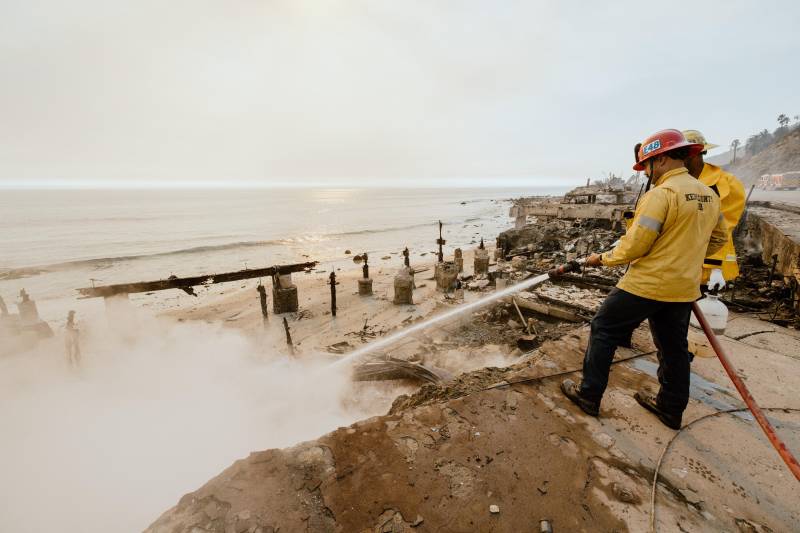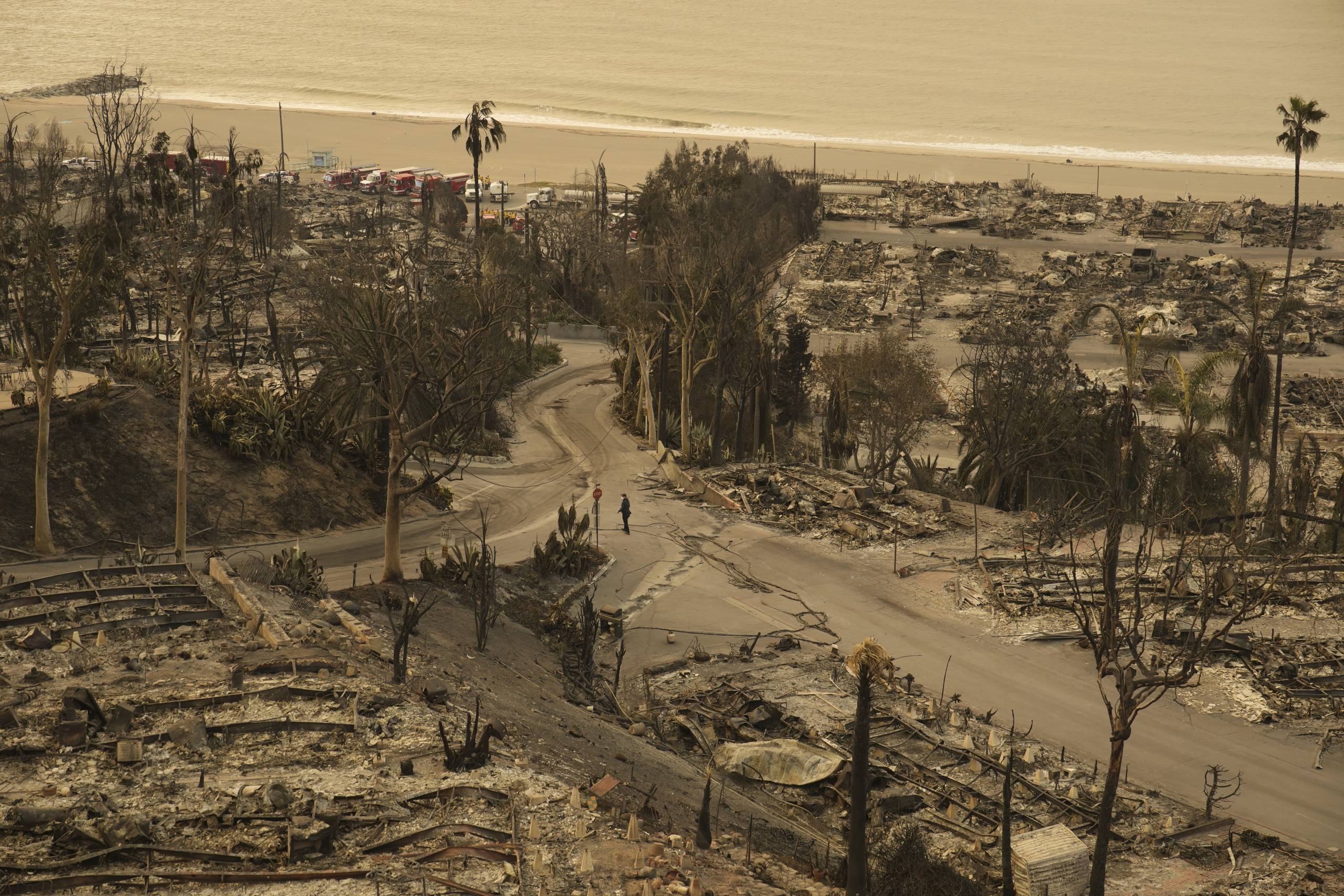Beasley says there are many legitimate discussions these fires should raise about climate change, firefighting budgets, water management, housing development, insurance and outdated infrastructure.
“No fire agency is going to sacrifice training and fundamental fire control and fundamental operations at the expense of DEI training,” said Beasley, who said diverse teams are better at tackling complex challenges, working under pressure and fostering community trust during emergencies.
The backlash against DEI programs
The day-to-day work of helping make workplaces less discriminatory is incredibly mundane, according to Lily Zheng, who’s been a DEI consultant for about 10 years.
“Something that’s often lost in these conversations is that DEI practitioners themselves have actually been critiquing DEI from within for decades,” said Zheng. “We’ve called attention to the 30 minute lunch-and-learns that aren’t going to solve racism overnight.”
The 2020 murder of George Floyd, an unarmed Black man, by Minneapolis police sparked a national reckoning on race that led many public, private and educational institutions to launch new efforts to make their environments less discriminatory and more inclusive.
Zheng said they’ve seen waves of rising and falling support for DEI over the years, but backlash has picked up since around 2021.
“The impact of this toxic discourse has been a chilling effect on people’s ability to talk about DEI and to communicate their commitment to it,” they said.
On the campaign trail, Donald Trump vowed to crack down on diversity programs, including at universities. Several states, including Florida, Texas, Alabama and Iowa, have already banned DEI offices in their public universities.
Just this week, Meta and McDonald’s joined a growing list of companies including Walmart, Ford, Lowe’s and Toyota, that are scaling back their DEI initiatives. The change at McDonald’s – which will emphasize “inclusion” instead – came just days after the fast food company was targeted by anti-DEI activist Robby Starbuck who has led social media campaigns pressuring companies to drop their programs.
DEI efforts, Zheng says, are attempts to push the status quo towards meritocracy. But popular distortions about it, as well as Critical Race Theory, have been fueled by right-wing think tanks and influencers like Christopher Rufo, a senior fellow at the conservative Manhattan Institute.
On his YouTube channel last year, Rufo laid out his strategy for how to attack university DEI programs.
“What happens is that the left will say, ‘Well you’re opposing DEI, you don’t like diversity, you don’t like equity, you don’t like inclusion,'” Rufo said. “And you can say no, those are false words, those are Orwellian terms, what I really don’t like is using taxpayer money to fund left-wing racialist ideology that seeks to divide students into oppressor and oppressed and create separate standards of judgment based on where their ancestors came from.”
The playbook is simple, said Zheng.
“Take some usually progressive or even centrist idea about equality or CRT or DEI, — ideally one that is not well understood — character assassinate it by associating it with everything bad under the sun,” they said. “It’s anti-American. It’s anti-meritocracy. It’s evil.”


